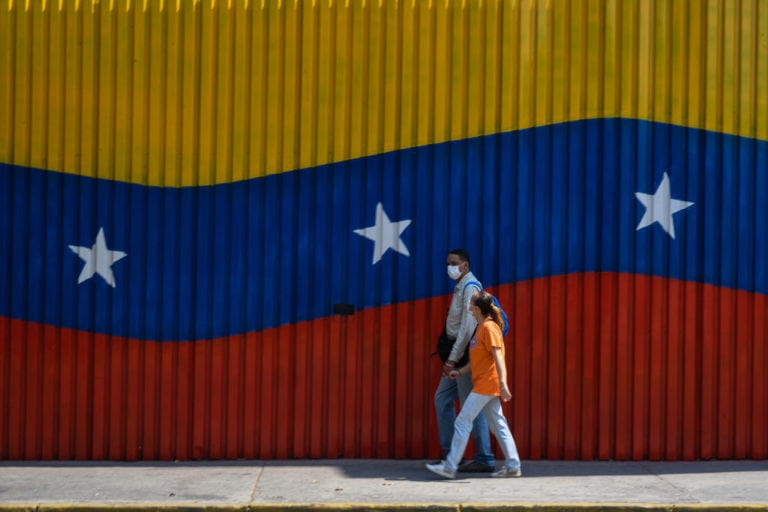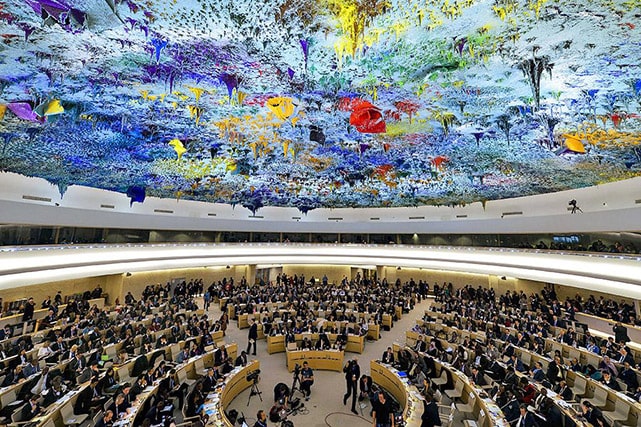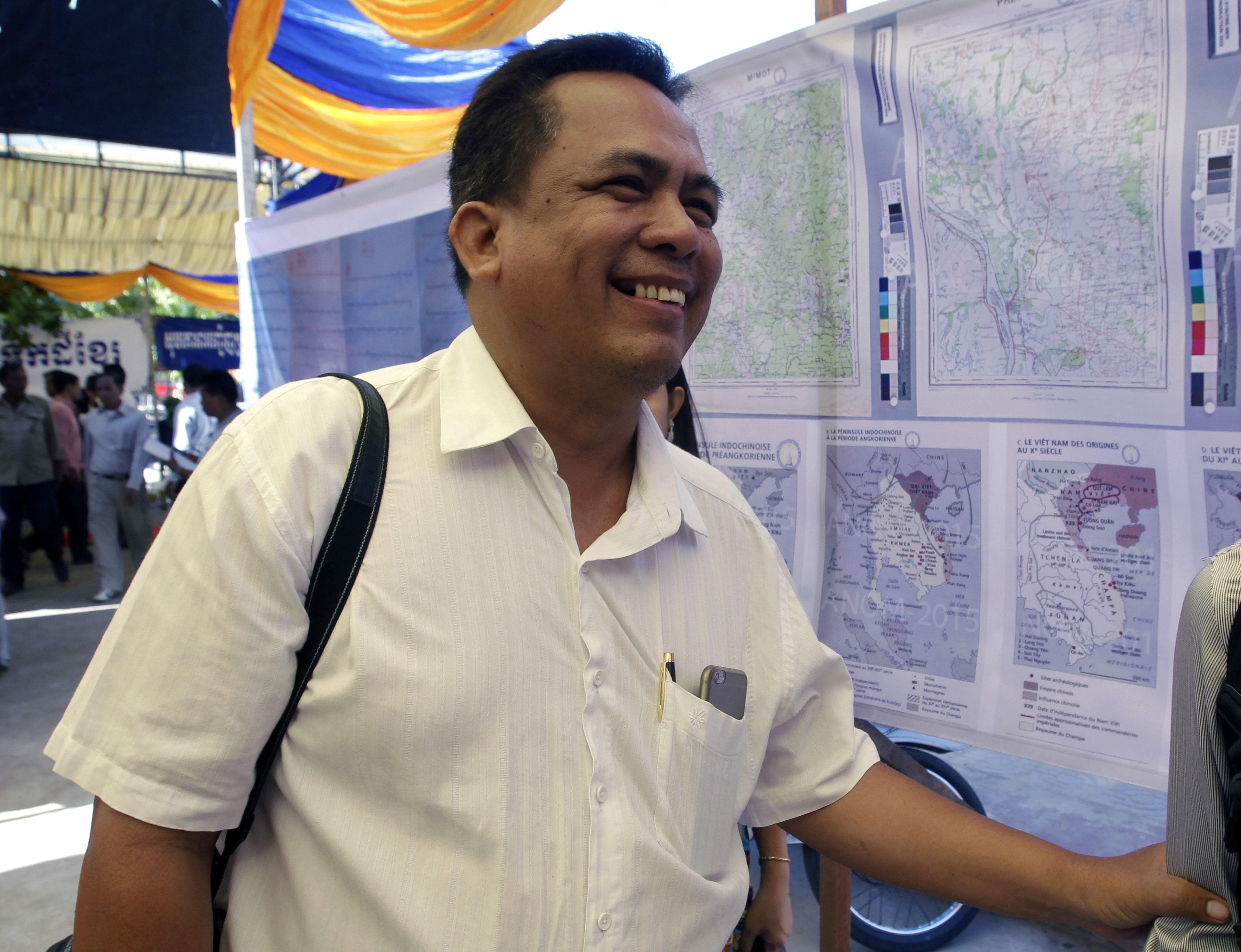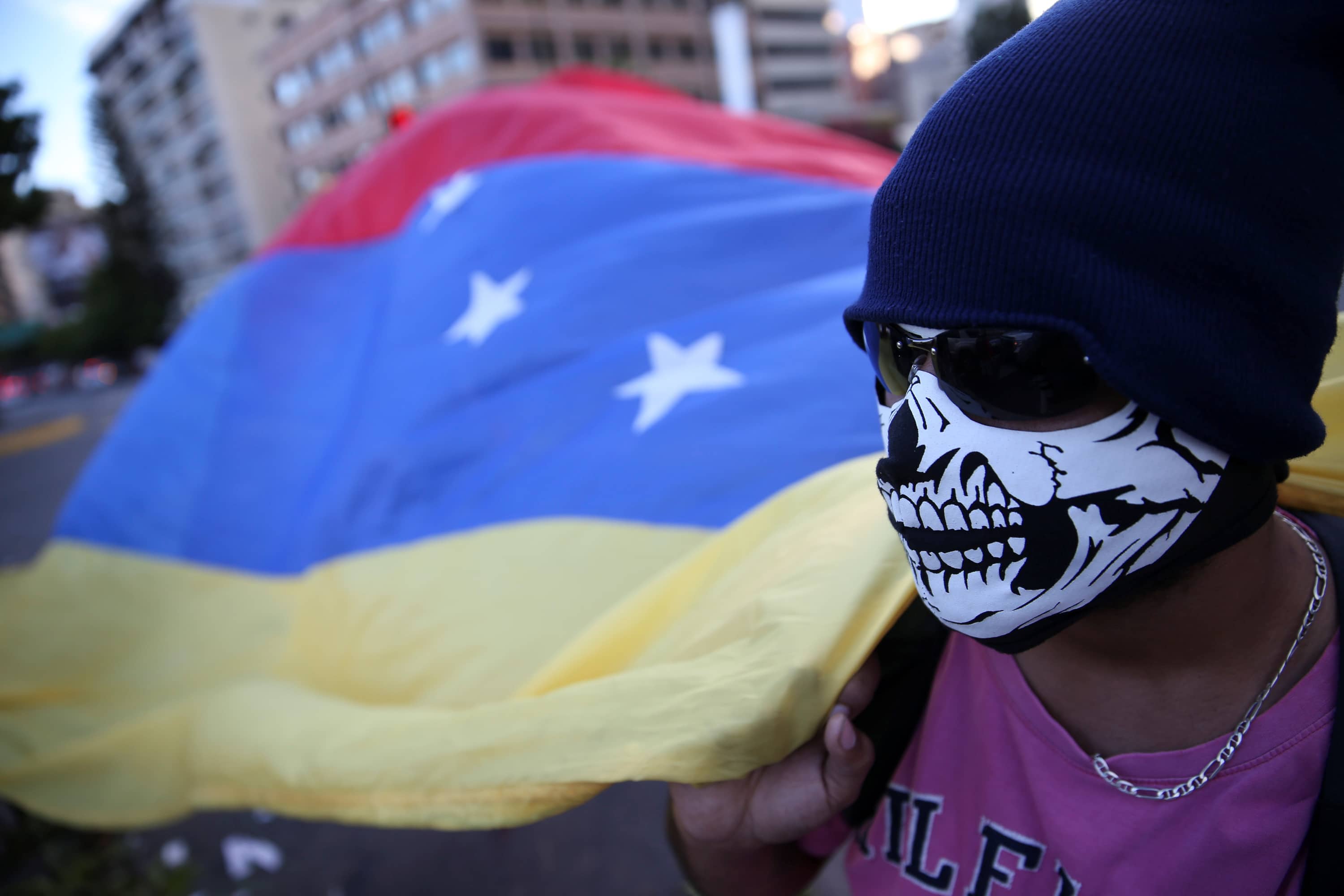Articles by Instituto Prensa y Sociedad de Venezuela

Civil society organizations declare their resounding rejection and demand the repeal of the new registration measure for terrorism and other crimes in Venezuela
The NGOs of civil society express our resounding rejection of new Administrative Ruling 001-2021 for the Unified Registry of Obligated Subjects before the National Office Against Organized Crime and Terrorism Financing

HRC 36: Secure digital communications are essential for human rights
A joint statement by the Association of Progressive Communications, IFEX and 64 co-signatories at the UN-HRC 36 warns of the threat to human rights posed by recent attacks on the right to use encryption technology, in Turkey and across the globe.

Pressure mounts on Cambodia a year after Kem Ley’s killing
On the one-year anniversary of the death of popular Cambodian activist Kem Ley, civil society organisations from around the world reiterated their call for an independent inquiry.

Venezuela: On the edge of the abyss
Free expression violations have been occurring in Venezuela for many years. So why is the latest crisis an unprecedented event for journalists and media?

Spanish journalist barred entry to Venezuela to cover protests
Aitor Saez, a Spanish correspondent working for Deutsche Welle, was sent back to Colombia on the night of January 22, 2017, after immigration authorities said the Spanish journalist did not comply with the necessary requirements to enter the country.

TV technicians detained by pro-government supporters in Caracas
Capitolio TV technicians Óscar Sánchez and Michael Acosta were about to install broadcasting equipment to cover news of a parliamentary session on healthcare, when they were detained by pro-government supporters.

Compulsory parliamentary broadcast overrides planned programming on radio, TV stations
On January 5th, 2017, the live broadcasts of open-signal radio stations were obstructed, during the swearing-in of the new board of directors of the National Assembly (AN), the highest legislative entity.

Venezuelan journalist shot at in presumed retaliation for earlier report
On December 8, 2016, journalist Jamel Louka, correspondent for Diario La Antena, was shot at in the Monagas municipality of Guárico state. The incident took place during the morning when he was intercepted by four men on two motorcycles, who shot at his car.
